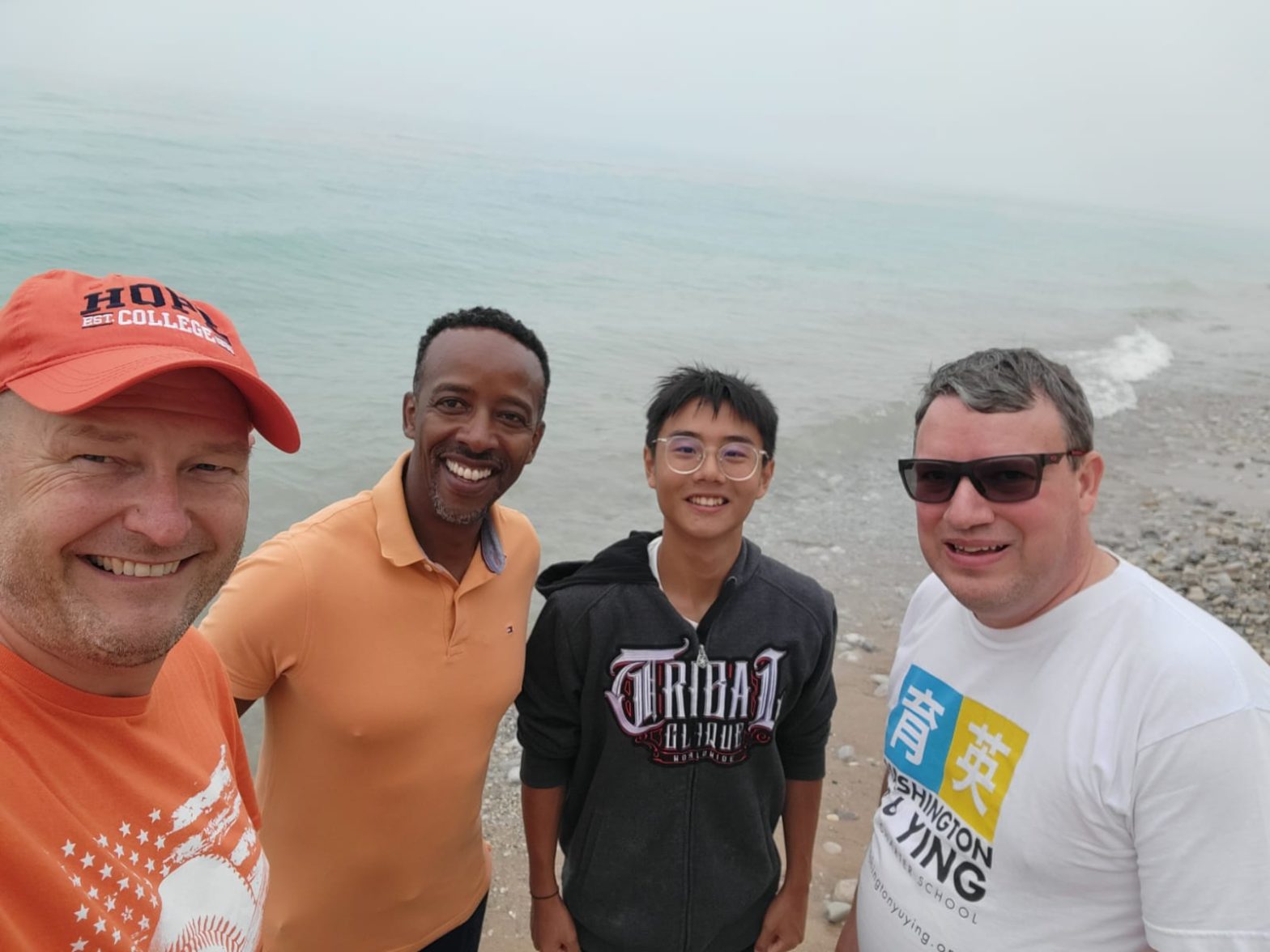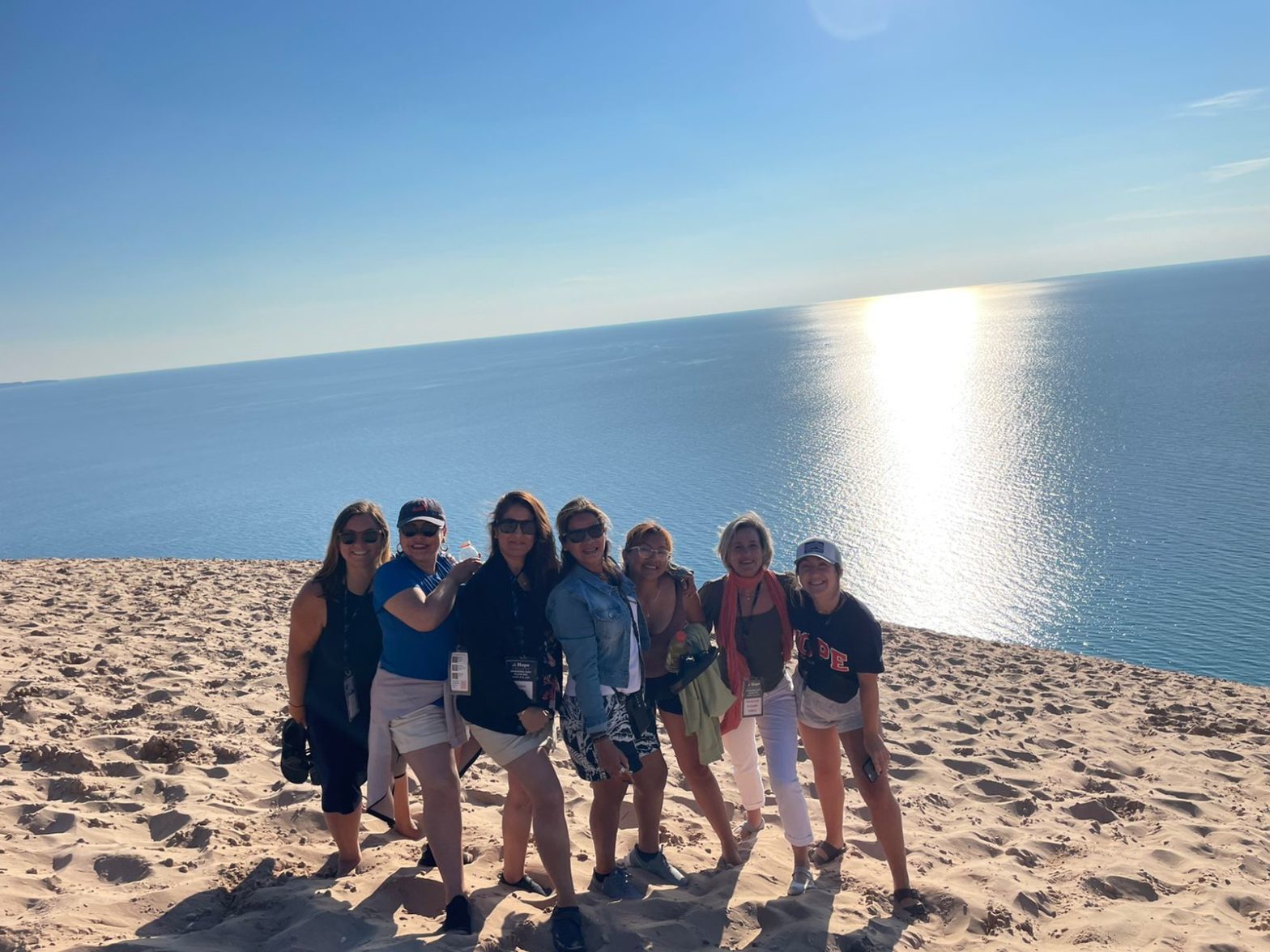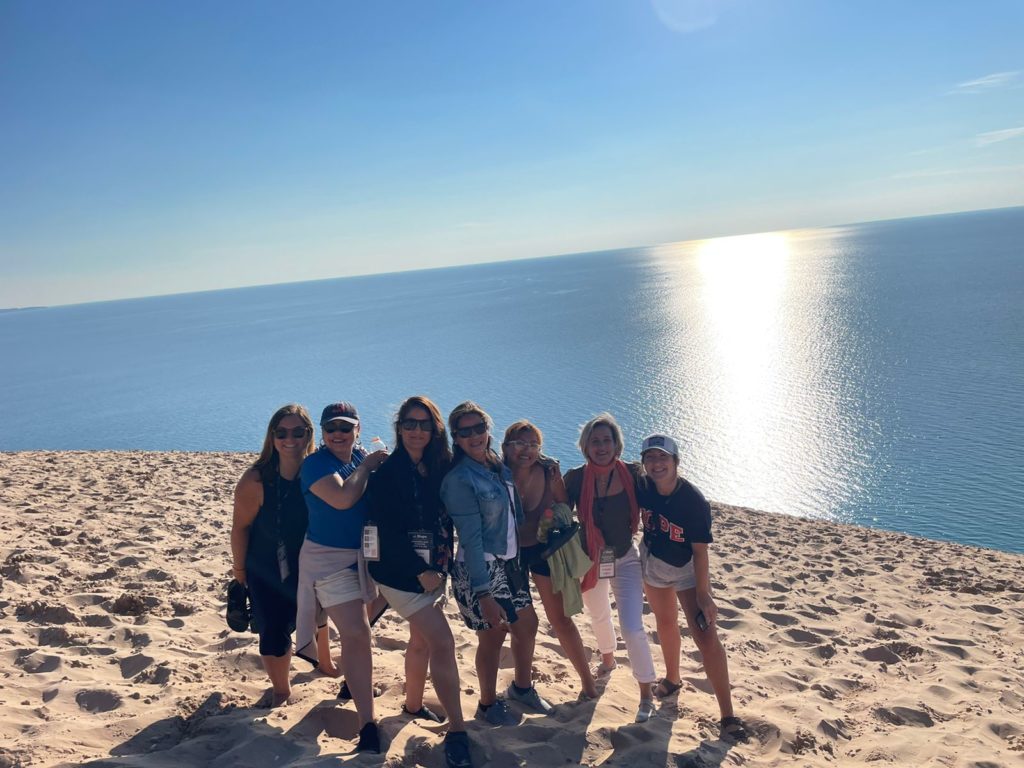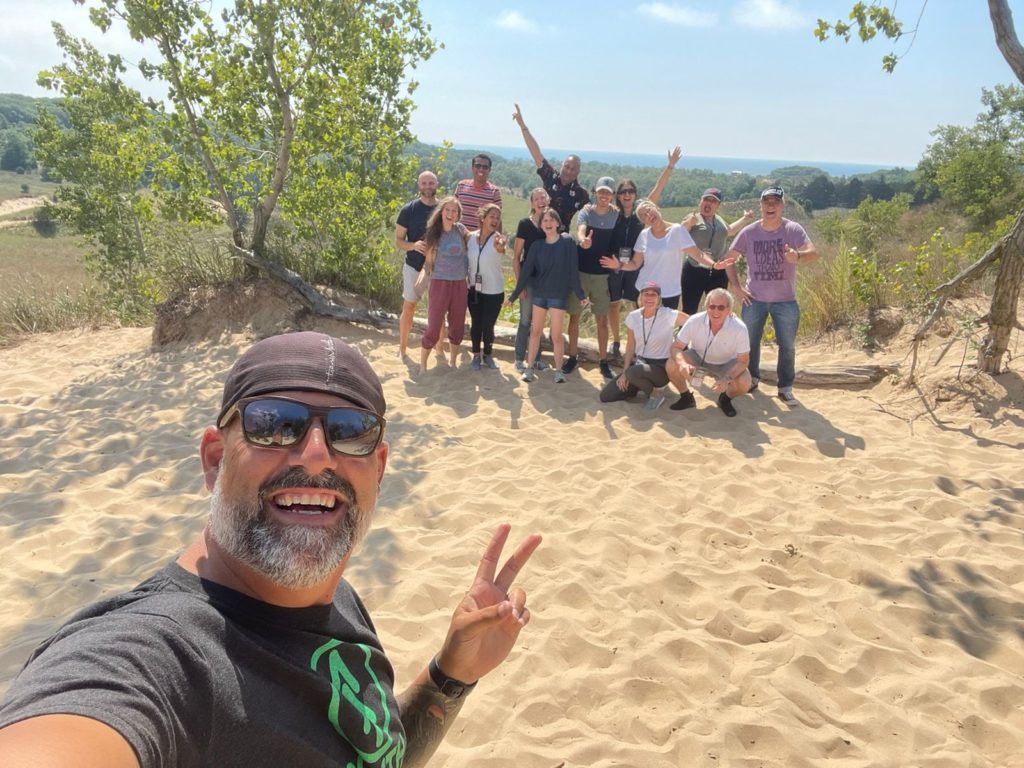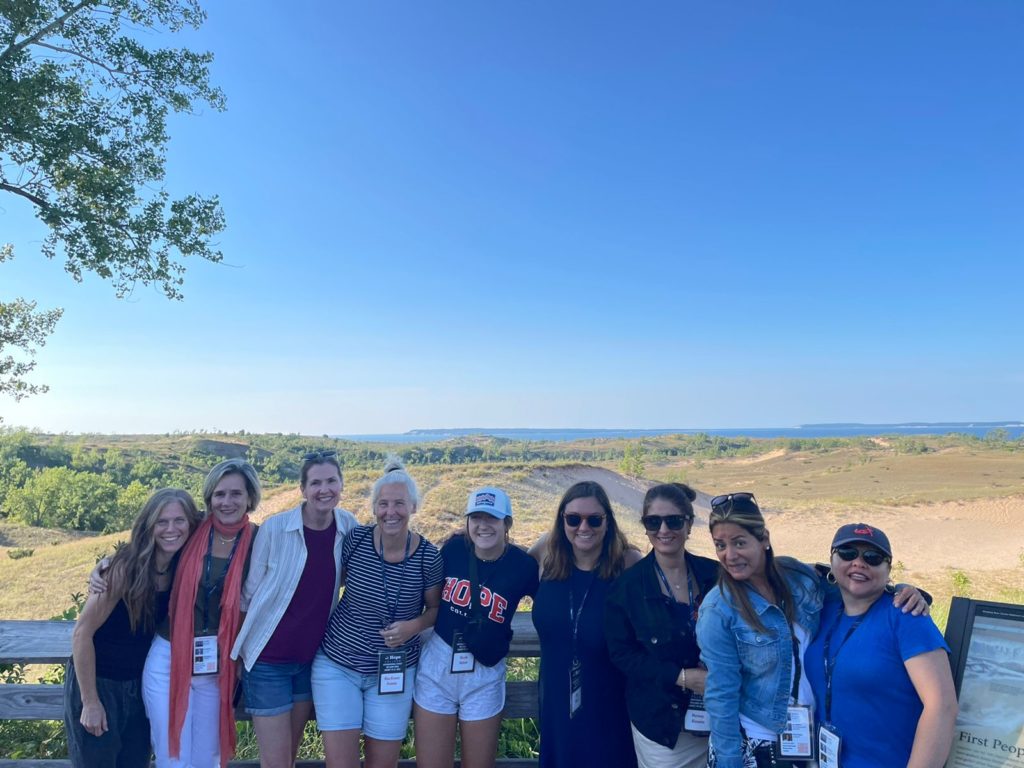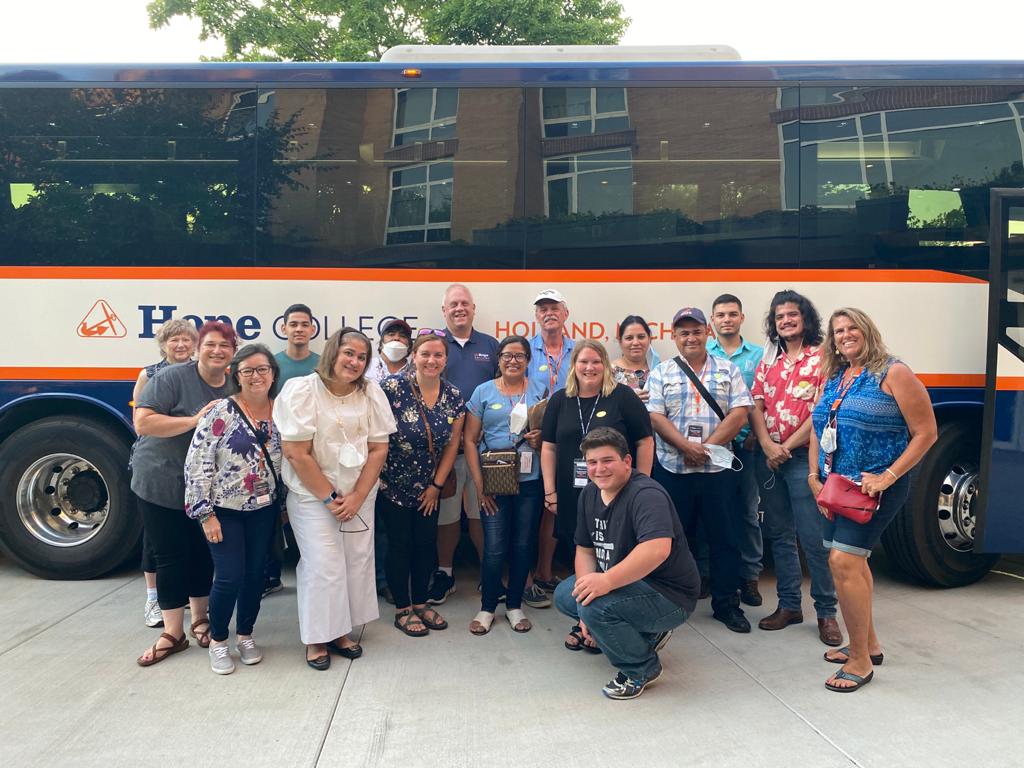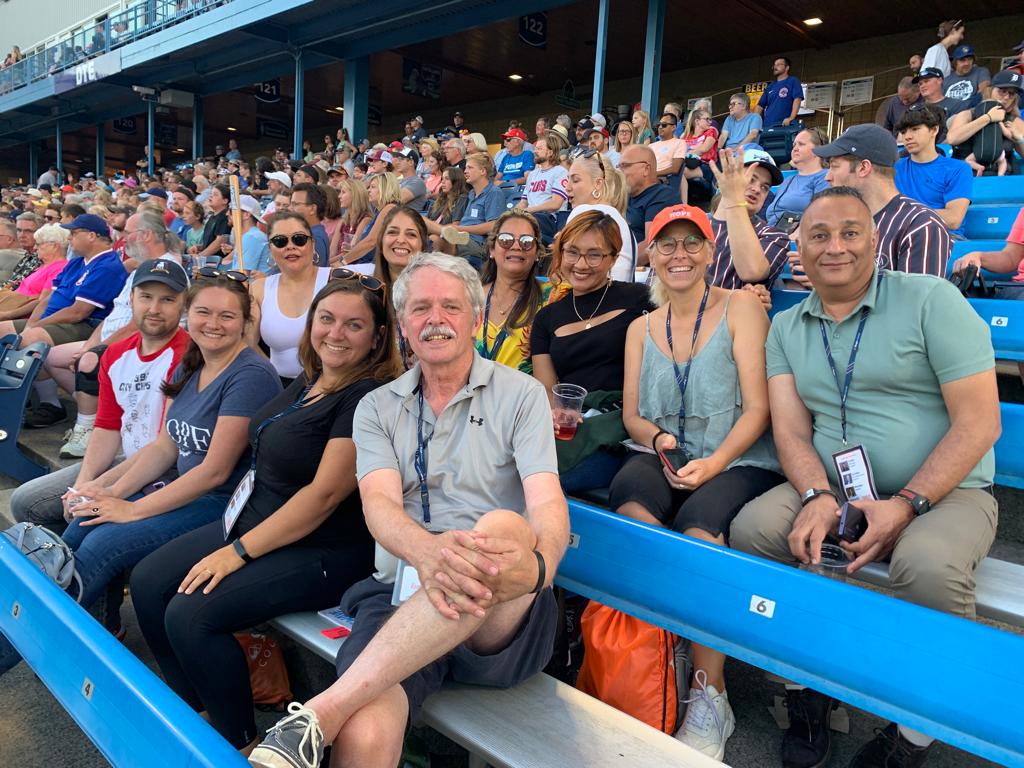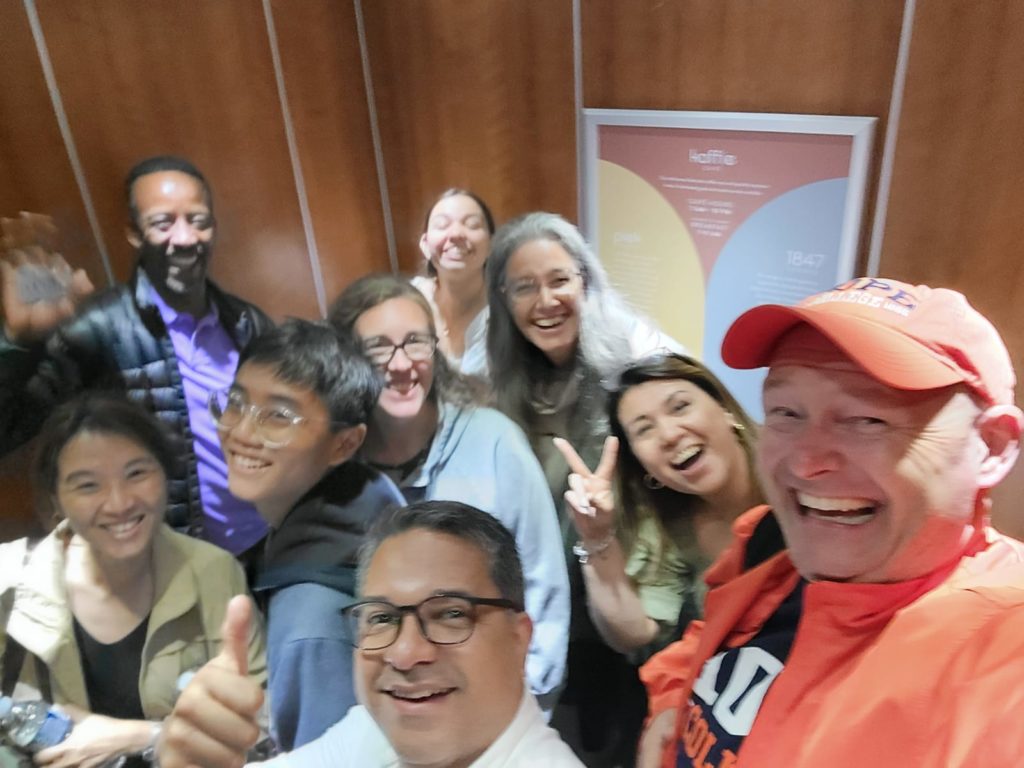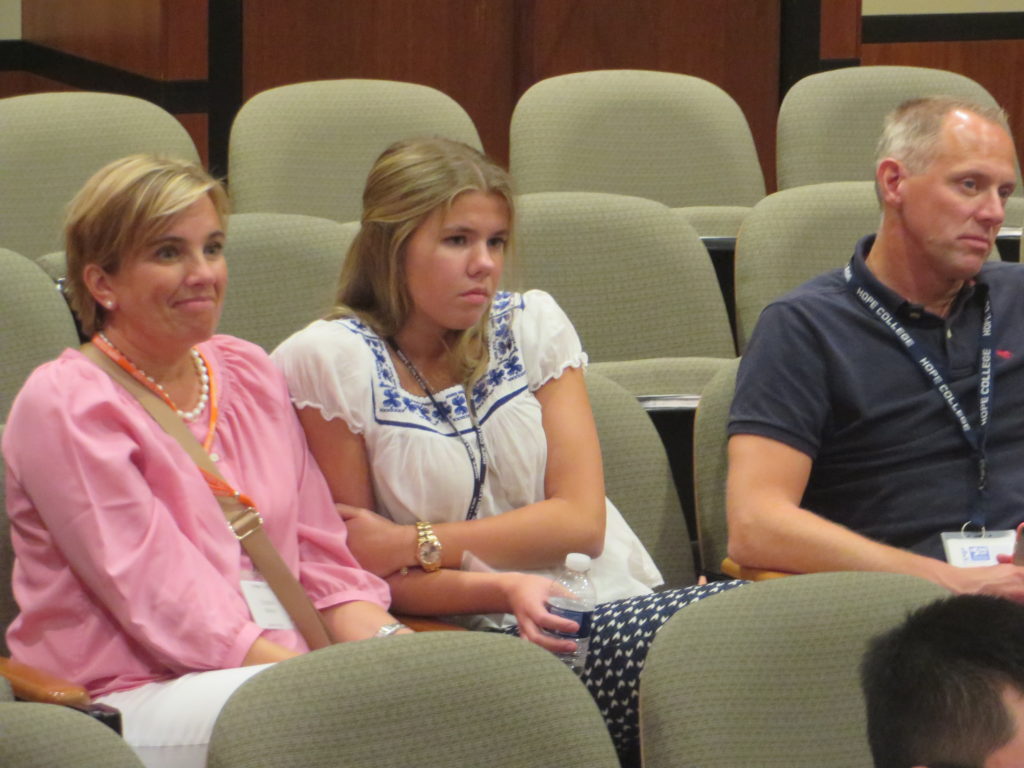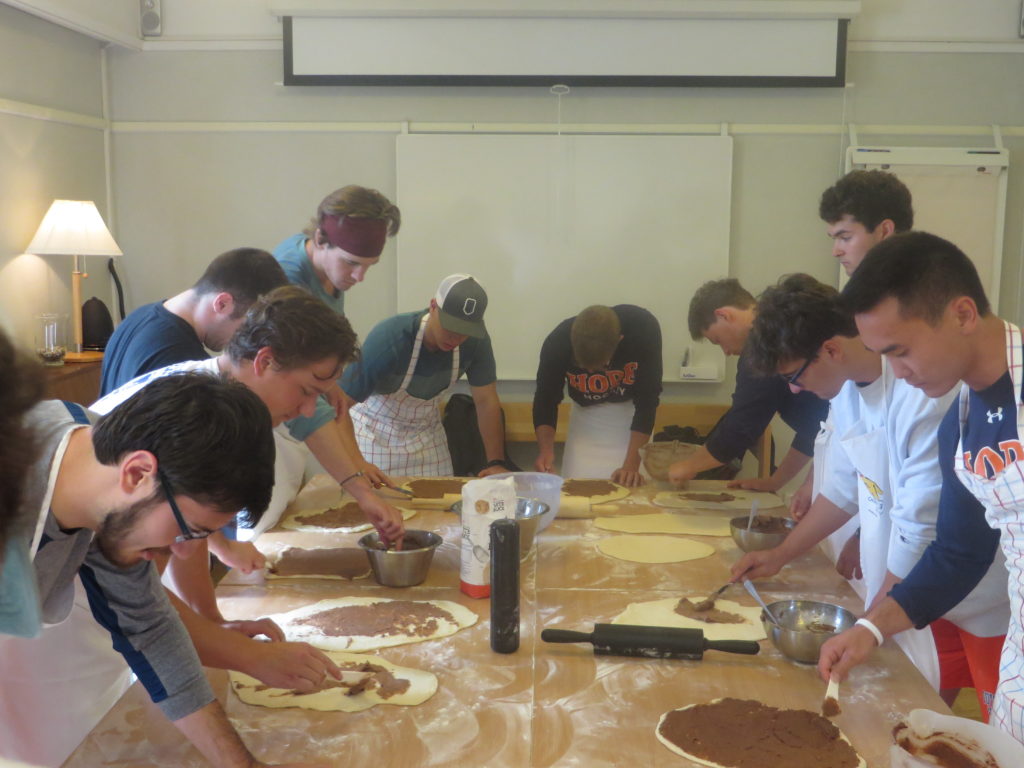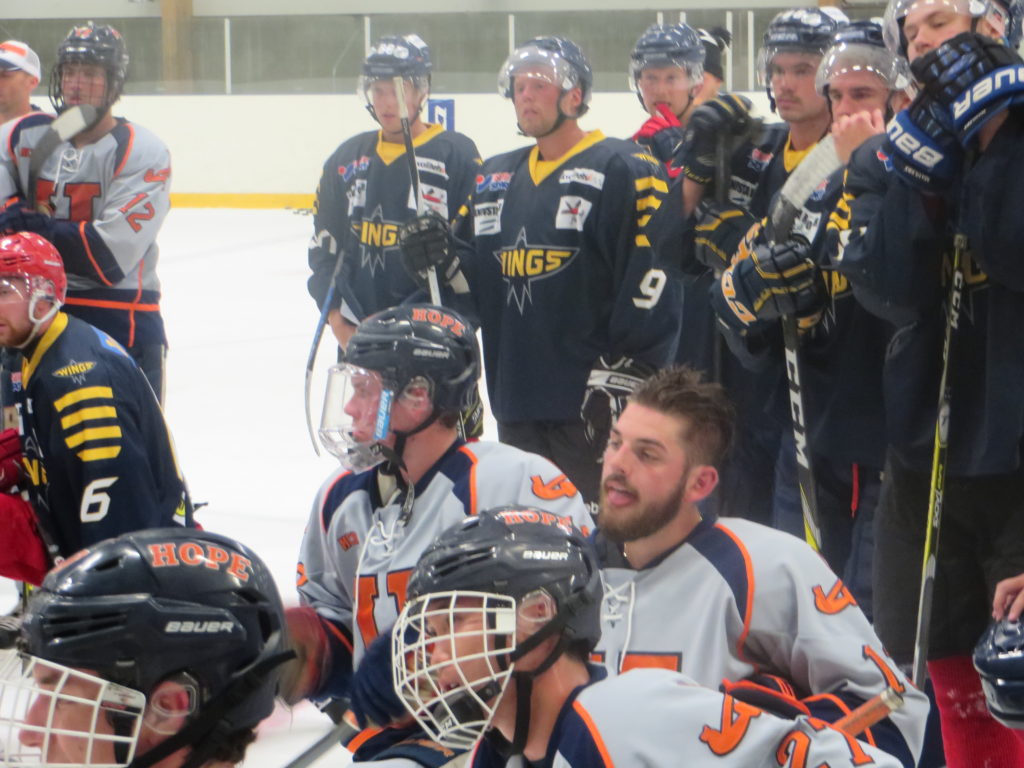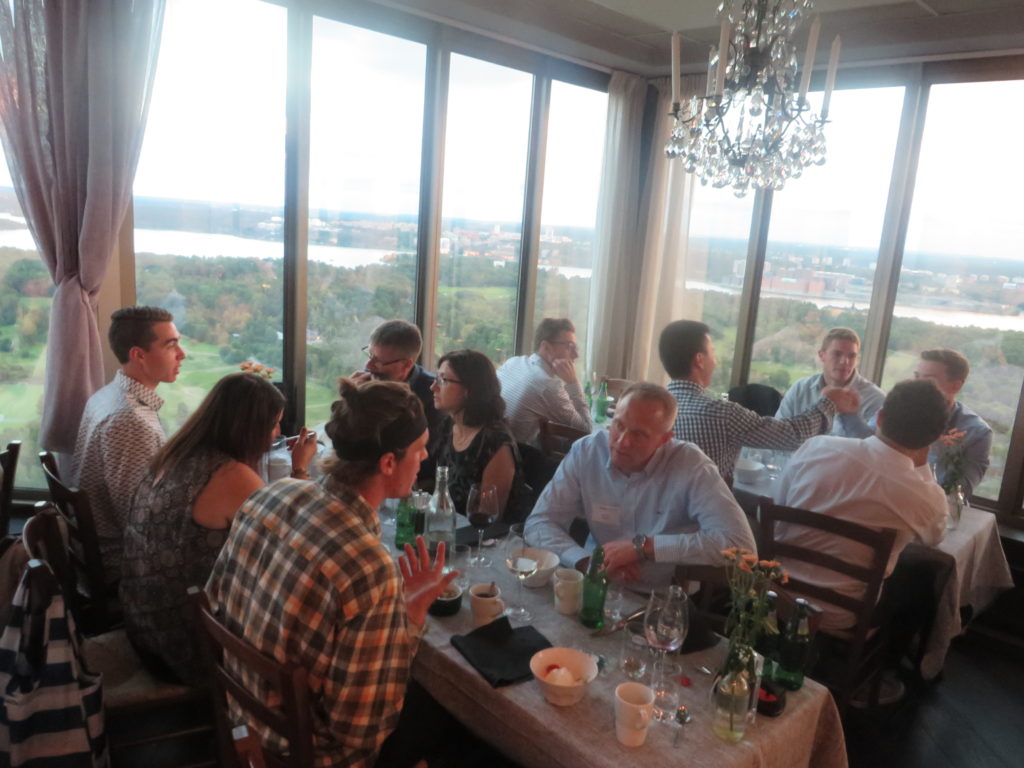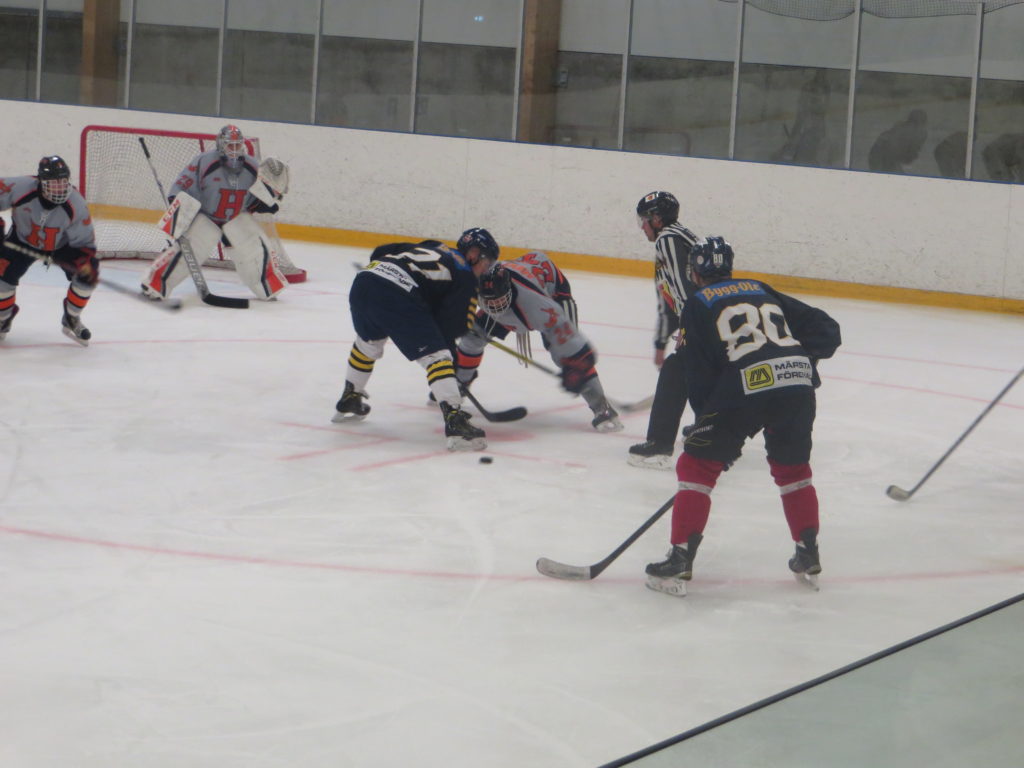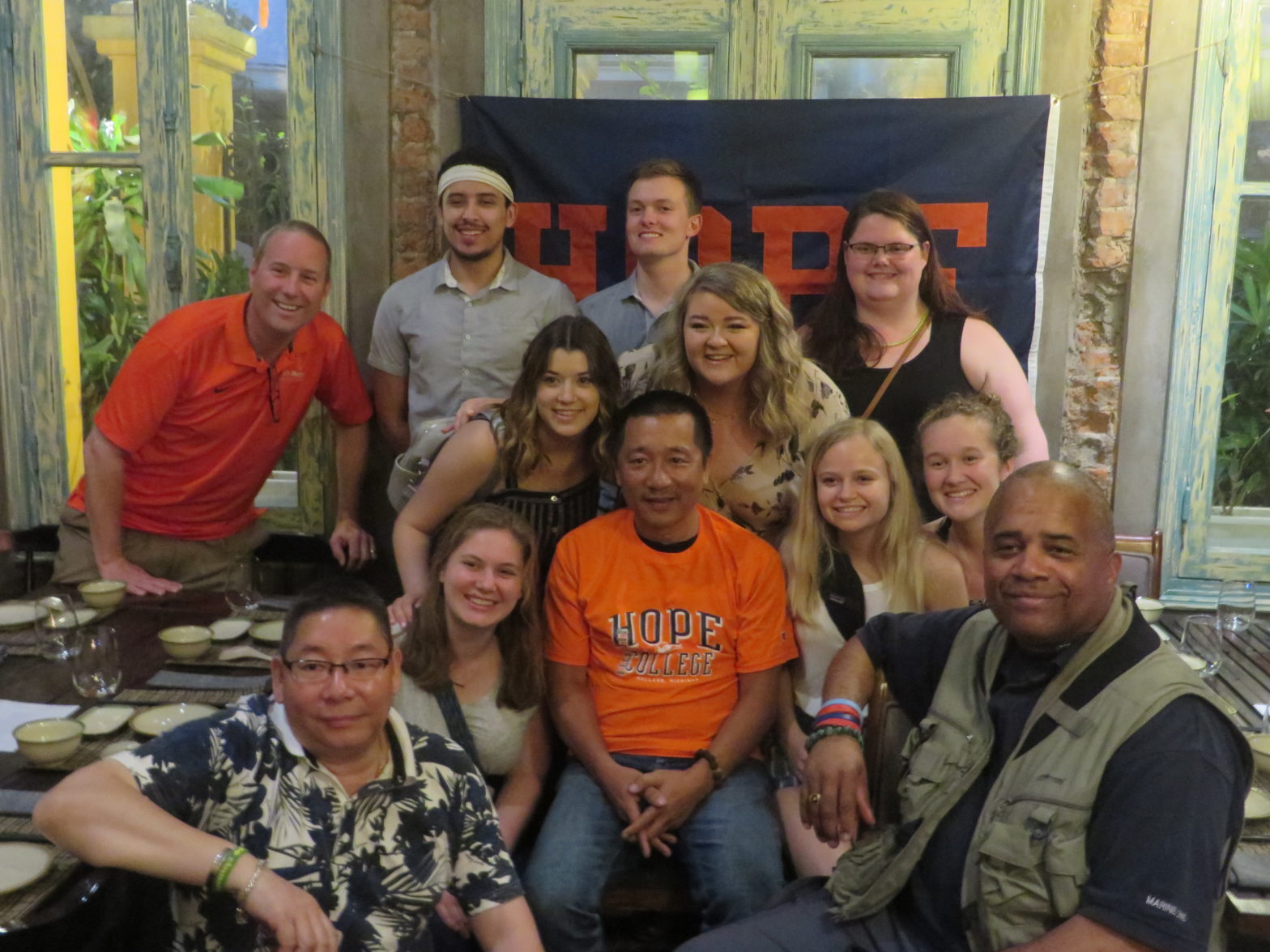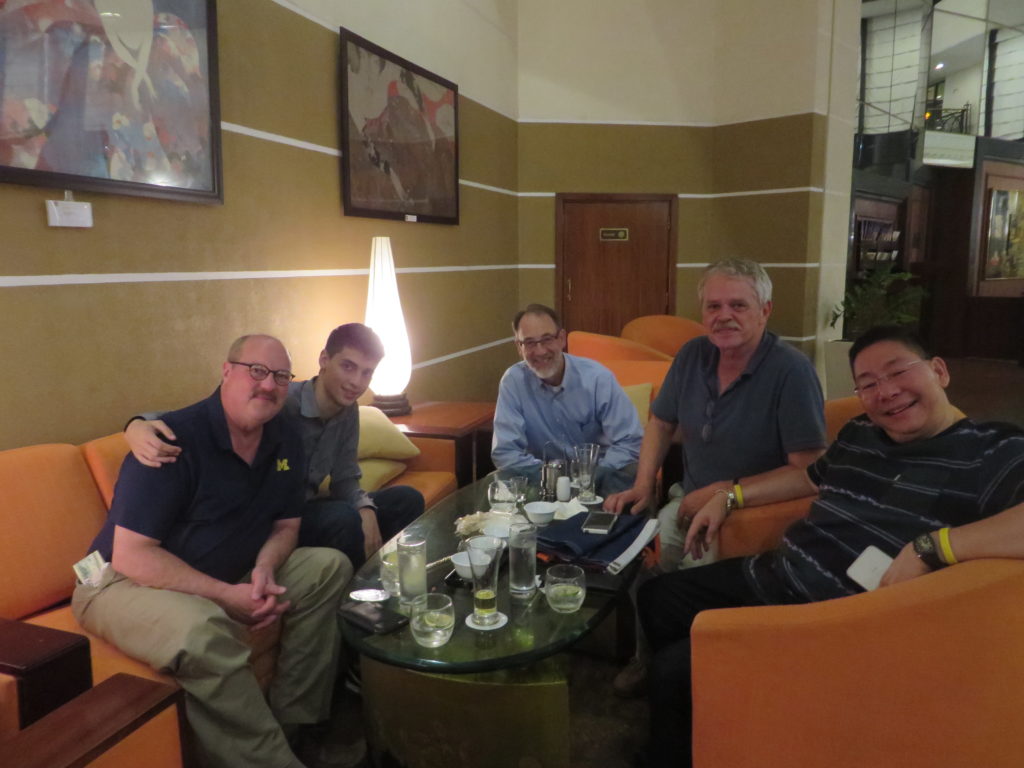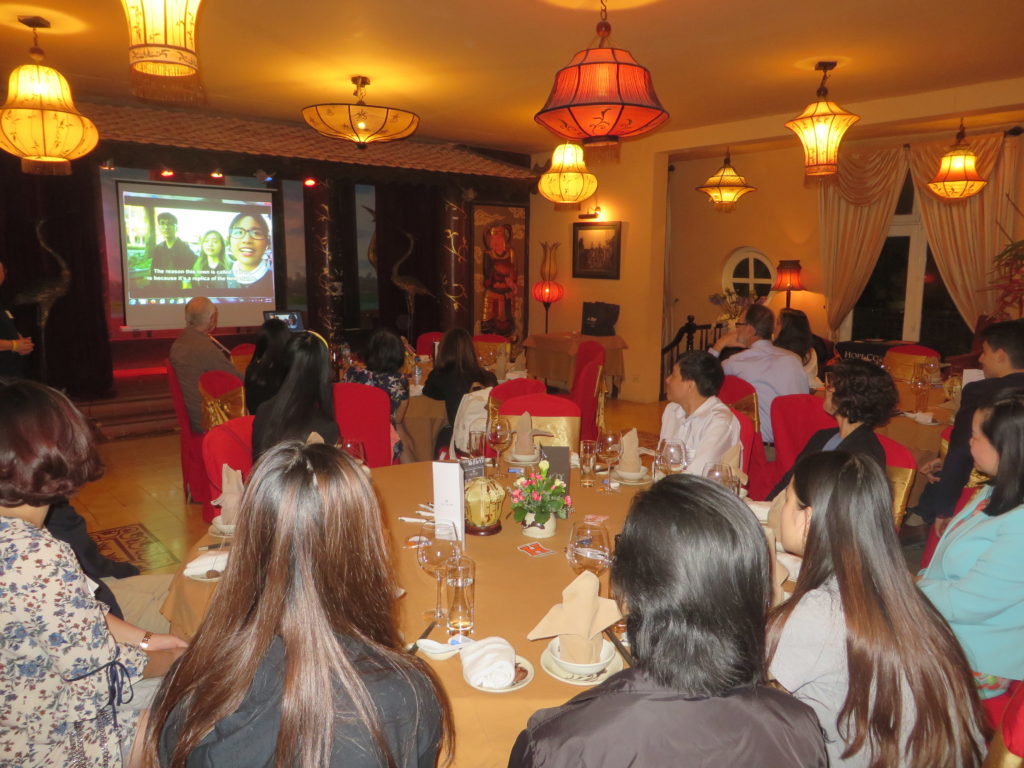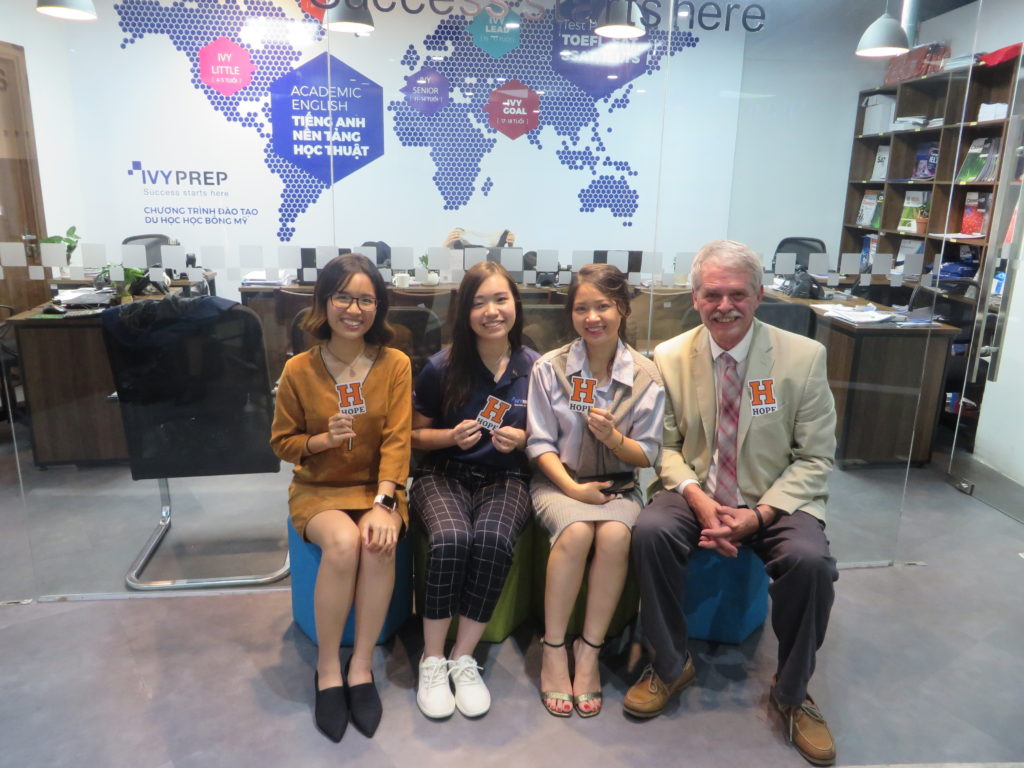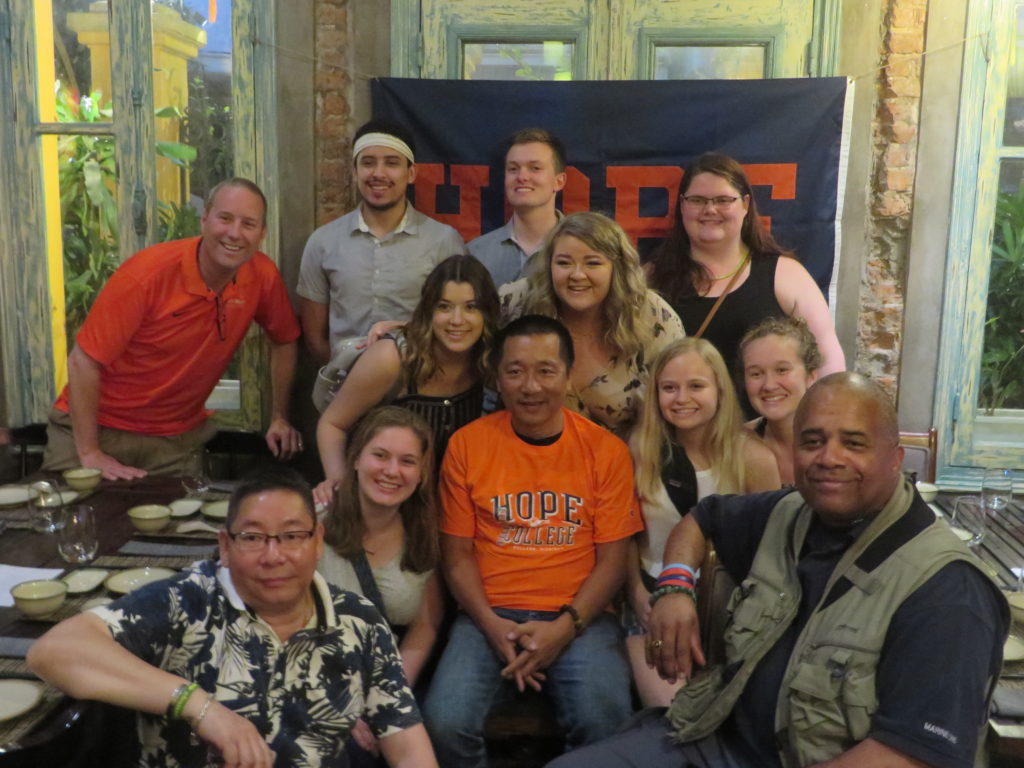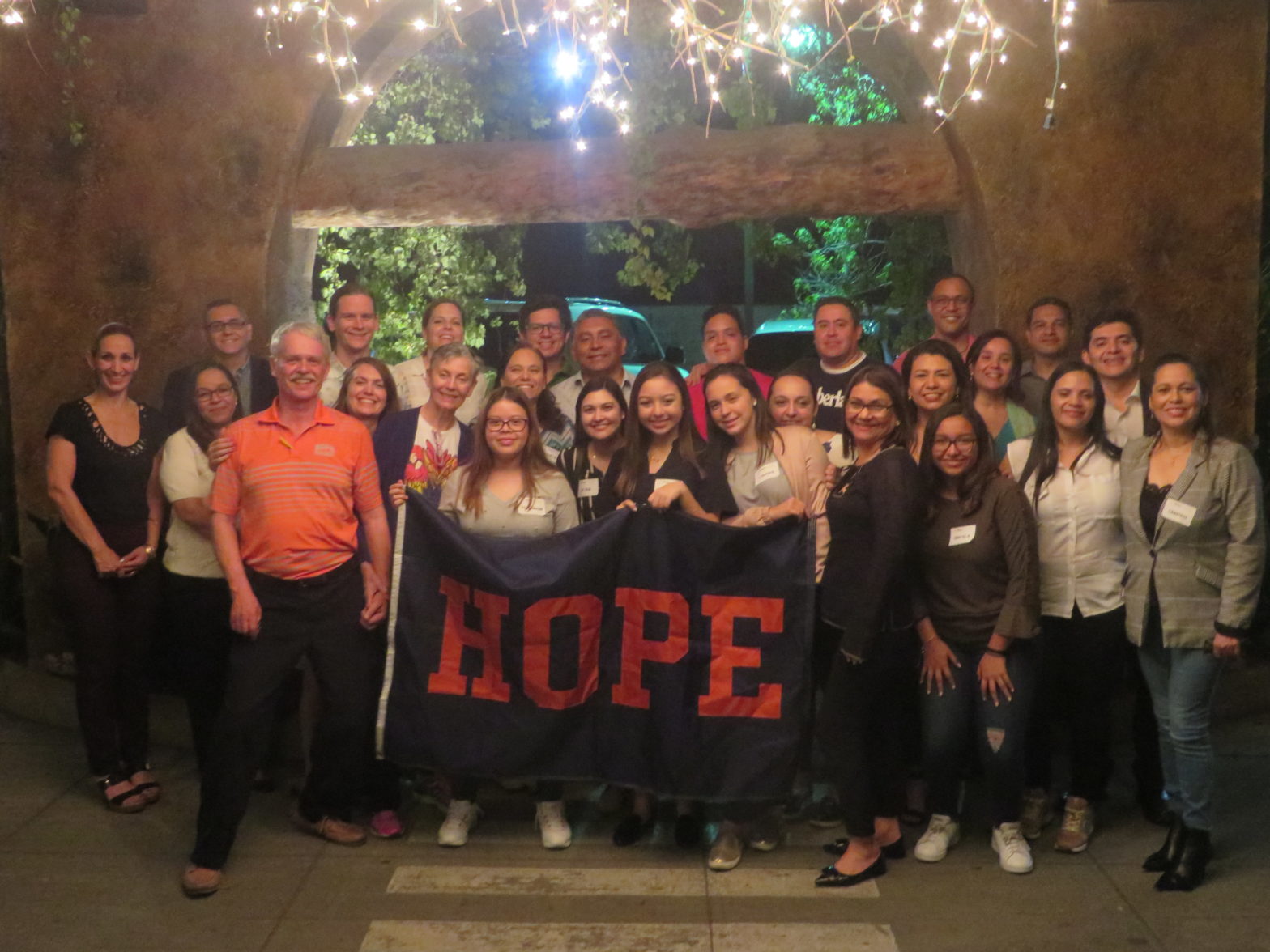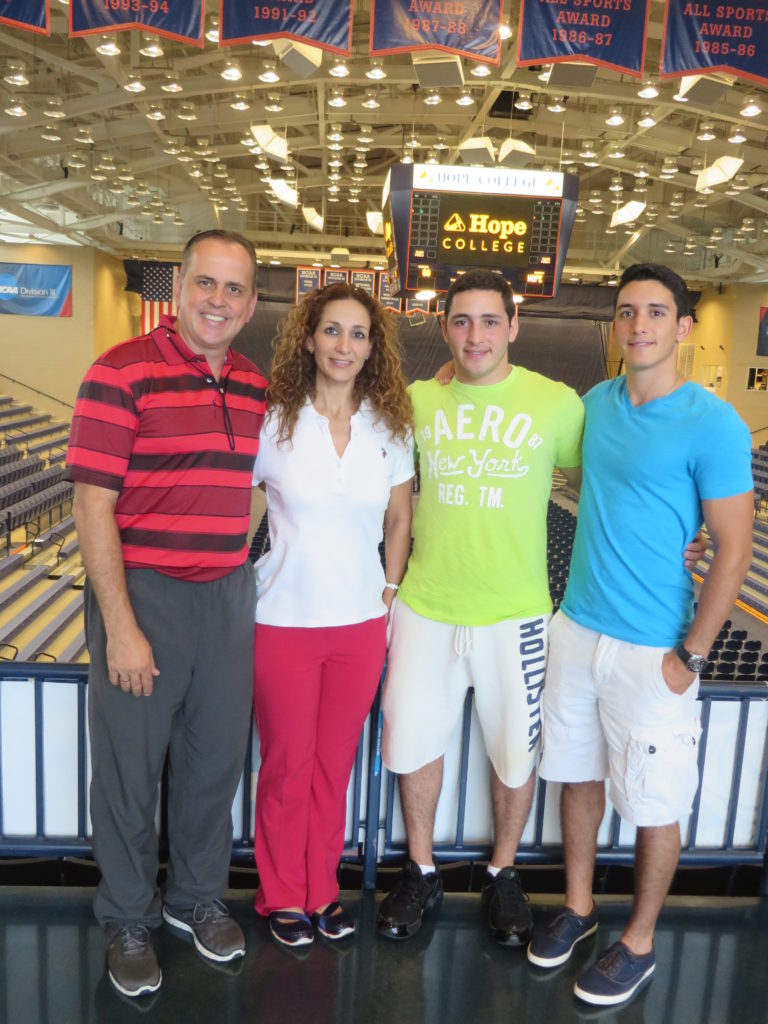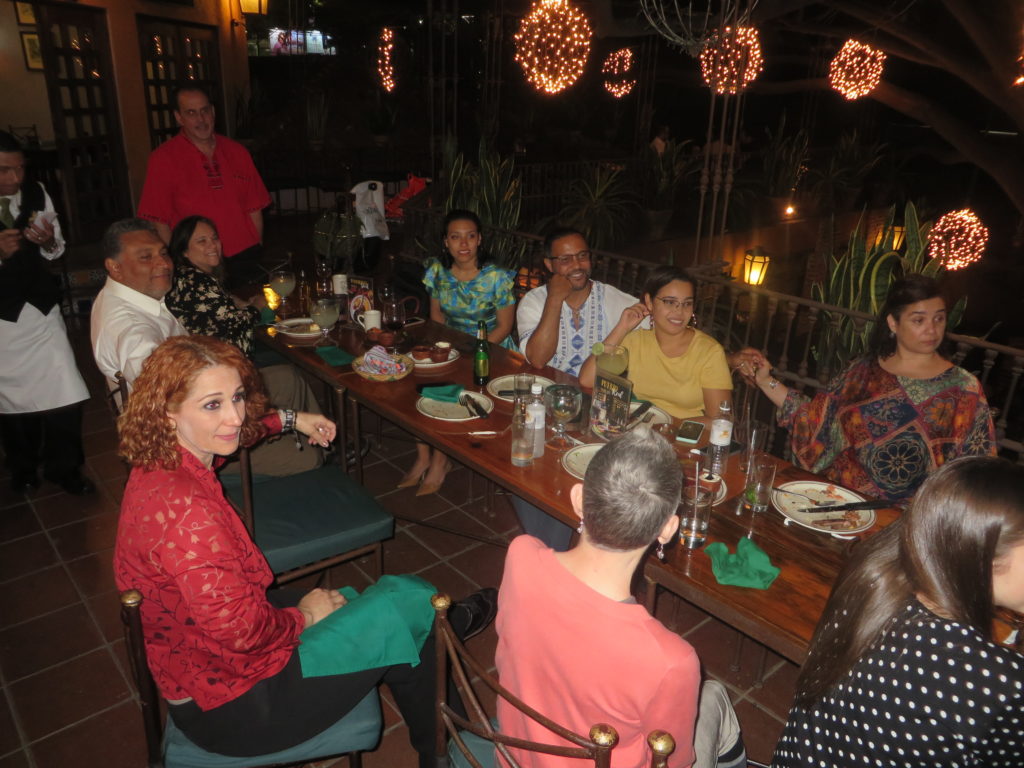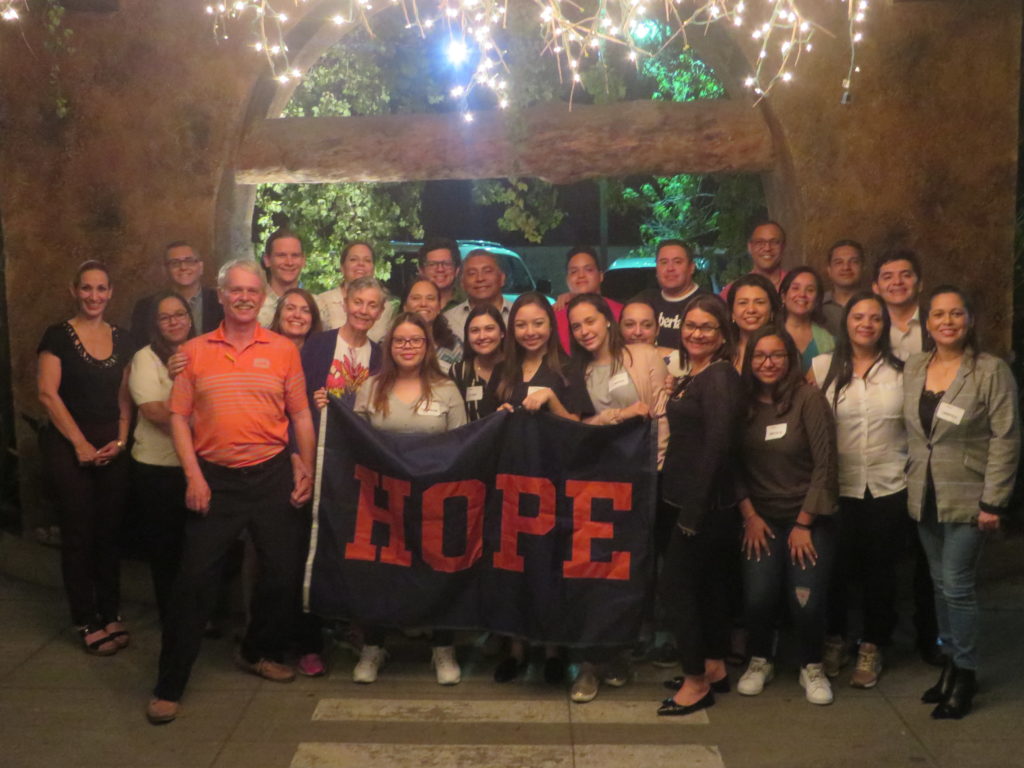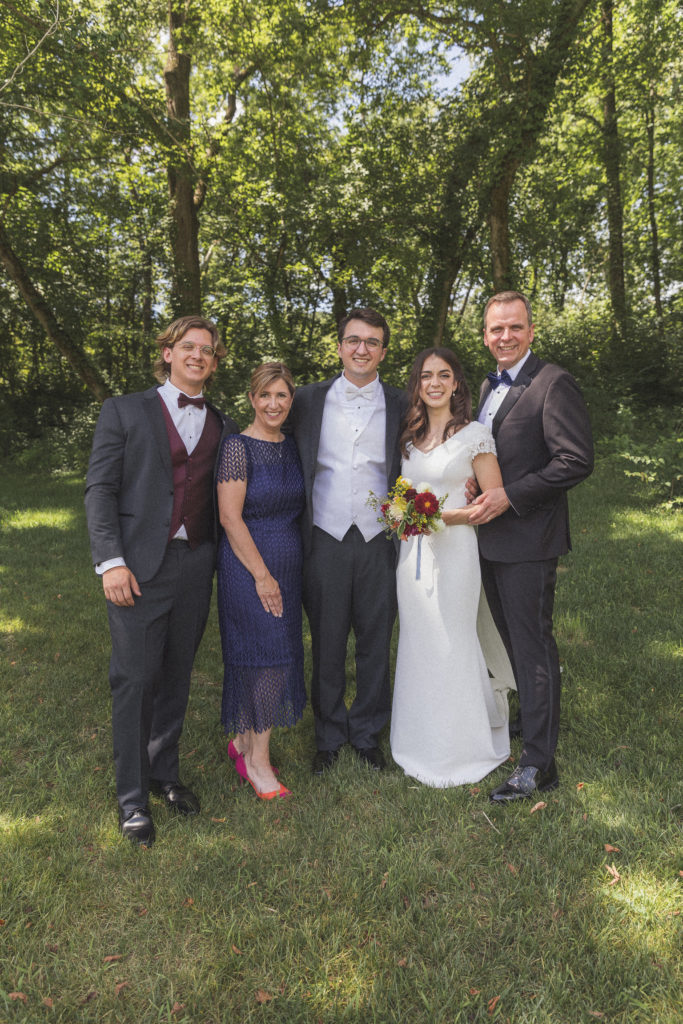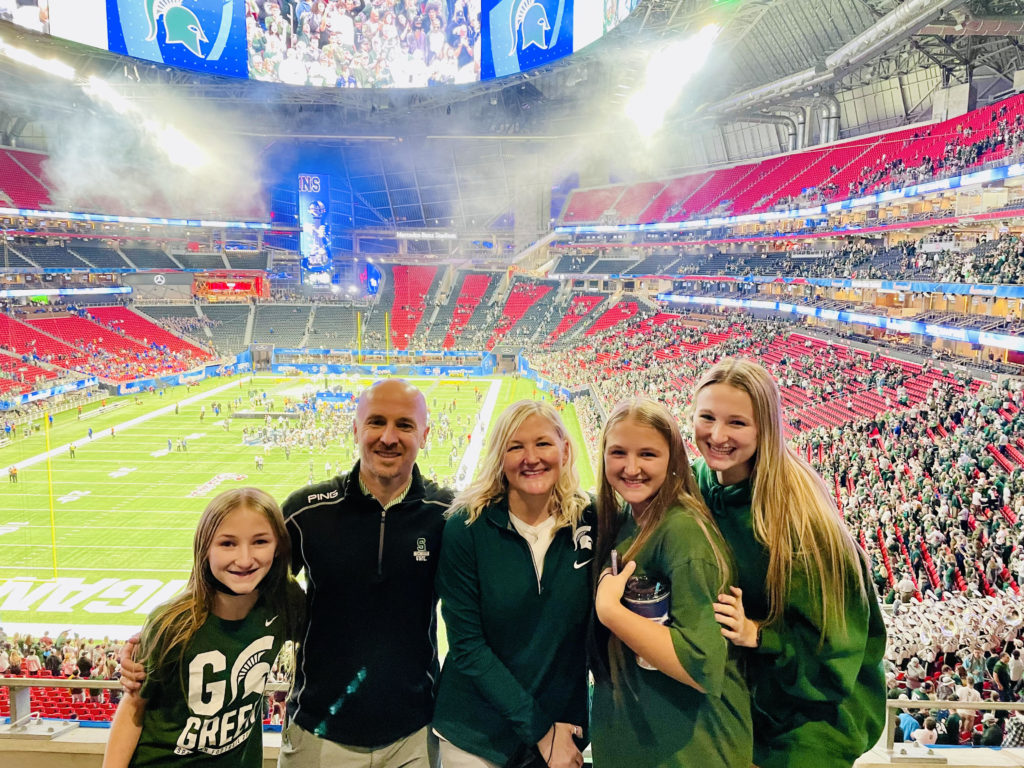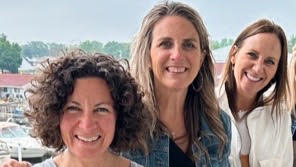When growing up with multiple cultural influences, the seemingly simple question—Where are you from?—becomes complicated. If your passport country is the United States, but you have never lived there, do you feel American? Or, if your passport is from the United States but you’ve lived most of your life in Thailand, do you feel Thai?
Third Culture Kids (TCKs) have a mixed identity that is influenced both by their parents’ culture and the culture in which they are raised. Often, they feel pulled between two cultures.
“Moving to Hope as a TCK was confusing and hard, and I felt insecure,” said Mikella Bryant ’12 Van Dyke, who is an American who grew up in Thailand. “But Hope was a very warm and welcoming environment and everyone was very sweet.”
In an effort to address the unique needs of TCKs, international students and their families, Hope College has designed an International Family Orientation (IFO) program. We realize that these students and their families face challenges in their transition to college that domestic families don’t face. And, we want to help them feel like they belong.
“Third culture kids have the worst of both worlds—often excluded from the international crowd because they’re American, but not experiencing any of those American customs like learning how to drive a car, a sweet 16 party, graduation open houses, proms and the list goes on,” said Eric Frederick, a current parent of a TCK at Hope.
“My biggest fear, that they would be plopped down on their own and be told to ‘figure it out themselves,’ was allayed because of the time I spent at IFO,” he added. “I met the administrators who became surrogate parents. I met the amazing kids my daughter would become friends with. And I met their parents, creating a circle that allowed us to support our children and each other from continents away.”
Hope’s one-of-a-kind orientation program helps international families become better acquainted with campus and the experiences their students will have during their time here. Our goal is to familiarize them with the corner of the world we call home—Holland, Mich.
I am currently raising TCKs as my family of origin is American and I married an Israeli husband, whose family lives in Israel. It’s interesting to watch my kids (ages 3 and 7) lean more toward the American in them or the Israeli in them depending on the situation.
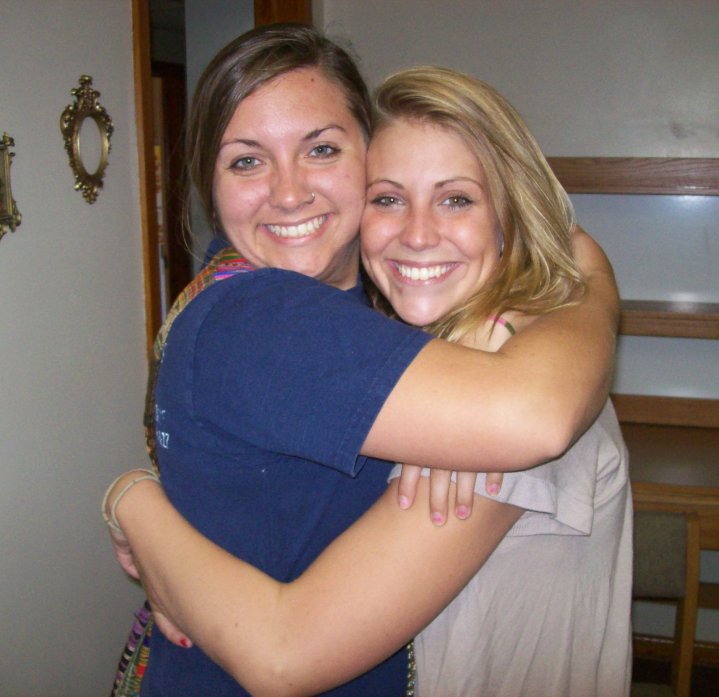
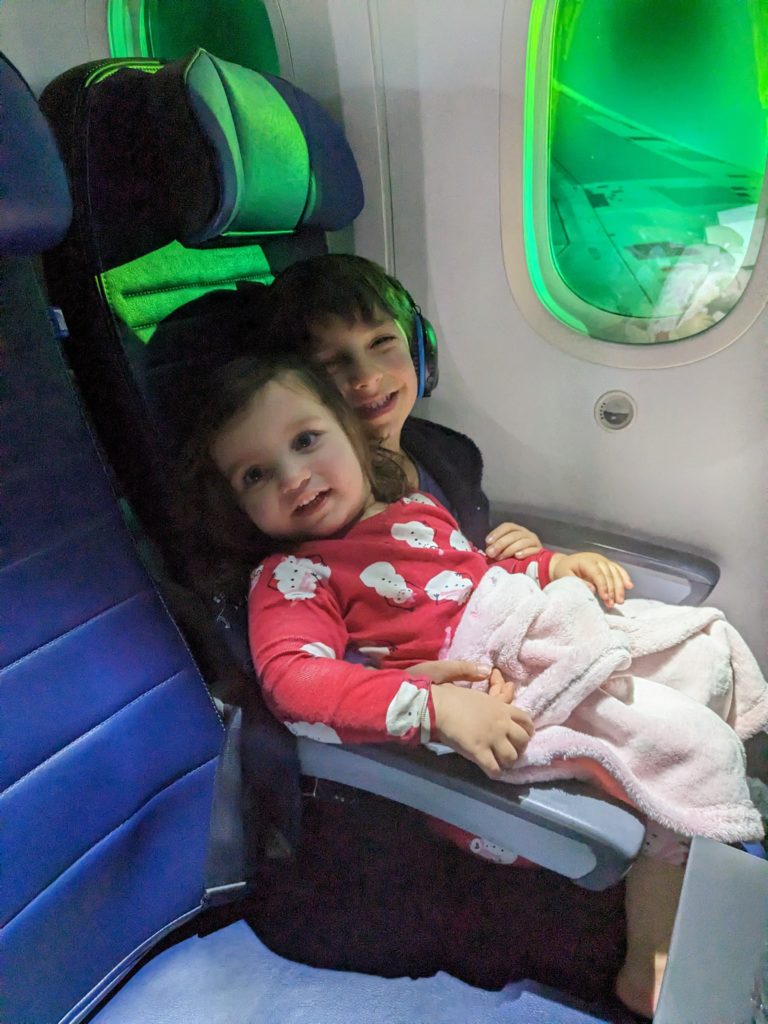
Sometimes, they use English as if it’s their second language and speak in Hebrew because they’ve grown up hearing both languages in our home. Other times, they tell me they can’t walk a few blocks to our destination and must be inside air conditioning on a hot summer day—a typically American viewpoint. One of our parenting goals is to teach our children about both American and Israeli cultures in hopes of expanding their worldview.
Having a broad worldview is important. My favorite part of our mission statement at Hope College is: to educate students for lives of leadership and service in a global society. Because of my experiences living and working abroad, creating a multicultural family, and becoming trilingual, my heart is overjoyed to be a part of bringing this mission statement to reality at Hope as an IFO coordinator.
I know that all the partners on campus who are involved with IFO are making an impact by broadening the worldview of the entire Hope community and easing the transition of TCKs to their new campus culture.
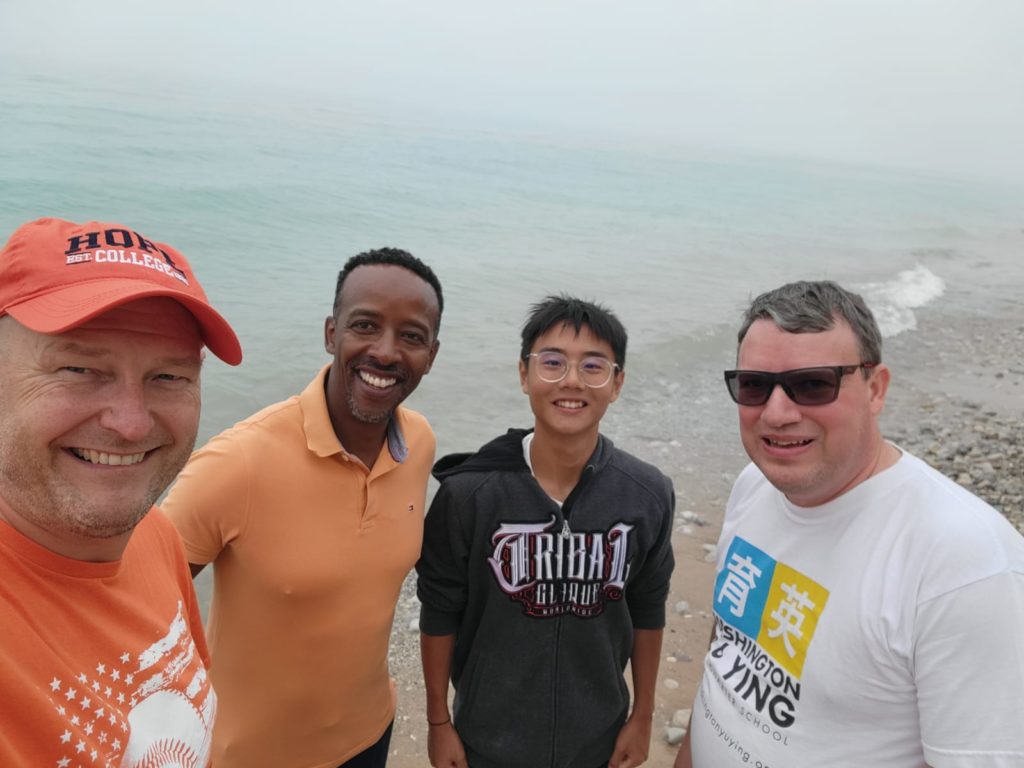
“Moving to a new country can be a hard adjustment, especially if that new country happens to be your passport/birth culture,” said Mahleija Tanner ’25, an American who lived in Azerbaijan and Spain. “But living at Hope College helped me find a community of other international/TCK students who understood the crazy I was experiencing, and nearly any craziness is manageable as long as you’re not alone.”


